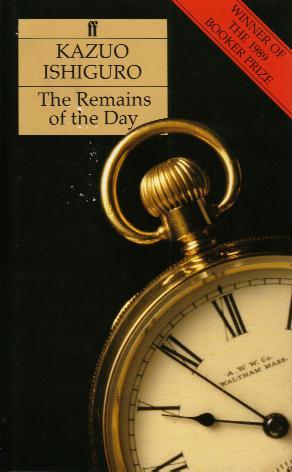
Lord Darlington’s attempts to solve the growing political crisis of the 1930s caused him to turn to less than estimable people. Stevens always considered Lord Darlington a moral person, and by serving his employer, he carried out a moral duty himself. He tried to conduct foreign policy on his country’s behalf, and Stevens witnessed many foreign dignitaries and politicians visit the house. During the 1920s and 1930s, Lord Darlington was an influential figure in British politics.

While driving, Stevens thinks about his time working for Lord Darlington. During this time, he keeps a diary of his trip. Given the potential problems in Miss Kenton’s marriage and the need for someone to oversee the staff at the house, Farraday suggests that Stevens borrow an expensive car and pay a visit to Miss Kenton. Farraday is now trying to sell Darlington Hall, and the house is perpetually understaffed. Nevertheless, Stevens always wants to impress and tries to play along with Farraday’s jokes. Farraday’s habit of telling jokes, as he tries to maintain a dignified demeanor. Farraday’s less formal mode of employment. Lord Darlington’s aristocratic personality starkly contrasts Mr. Stevens’s time as Lord Darlington’s butler was defined by his unwavering loyalty to his employer and his rigid adherence to the social rules and manners, as defined by the British social class system. Miss Kenton worked at Darlington Hall alongside Stevens, who now believes that her letter hints at problems in her marriage. In July 1956, Stevens receives a letter from a former coworker named Miss Kenton.


Following Lord Darlington’s death, he works for an American businessman, Mr. He spent most of his life in service to a British aristocrat named Lord Darlington, for whom he worked as a butler for more than 30 years.


 0 kommentar(er)
0 kommentar(er)
